Introduction
Creating optimized, lead generation landing pages promises to substantially amplify the lead generation and sales potential from digital channels. Recent studies indicate businesses maximizing landing page metrics achieve 7x more conversions across average customer acquisition spends (Unbounce, 2021).
However, globally over 88% of companies report suboptimal or stagnant conversion rates from landing pages currently (Formisimo, 2021).
Top shortcomings involve complex registration flows, lack of dynamic personalization and cross-device responsiveness resulting in high bounce rates.
Yet customizing lead generation landing pages content and flows to match visitor personas and integration with campaign analytics tools can drive over 45% lift in conversion metrics as per HubSpot (HubSpot, 2022). Strategies span positioning sign-up incentives clearly, highlighting social proof elements and crafting contextually relevant content.
Additionally, A/B testing page variations continuously and tracking micro-conversions using tools like Google Optimize provides data-backed optimization insights. As consumers expect personalized, omnichannel buying journeys, getting landing pages right is pivotal.
This article examines key strategies and tools for enterprises to maximize conversion potential through ongoing landing page optimization.
Understanding Your Target Audience
The lead generation landing pages targeting small businesses might highlight affordability, ease of use, and scalability. Meanwhile the page targeting enterprise-level companies might highlight advanced features, security, and integration capabilities. So let’s know more about it.
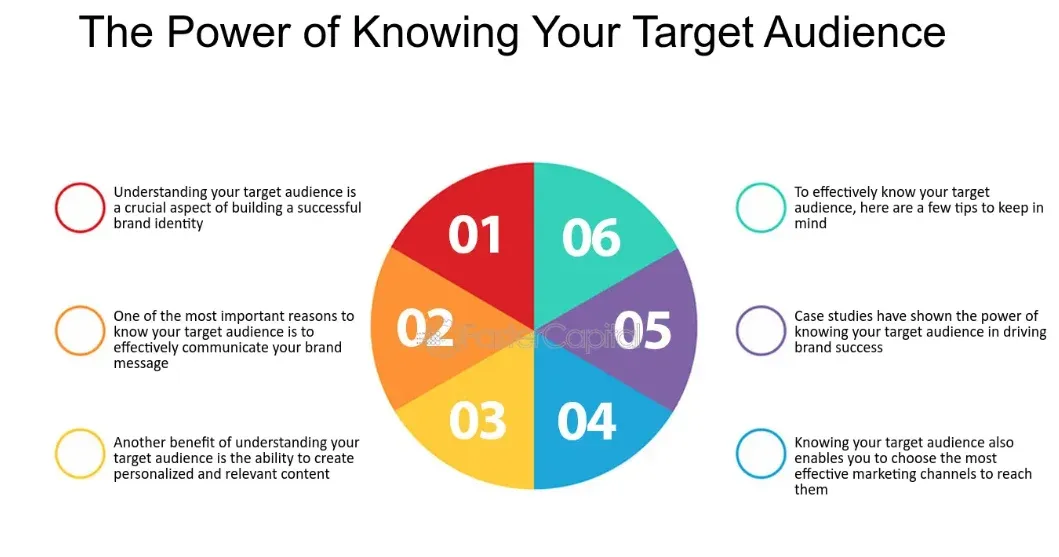
Identifying your target audience and their needs
To create effective lead generation landing pages, it is crucial to have a solid understanding of your target audience. Identifying your target audience involves defining the specific demographic, psychographic, and behavioral characteristics of the people who are most likely to be interested in your product or service.
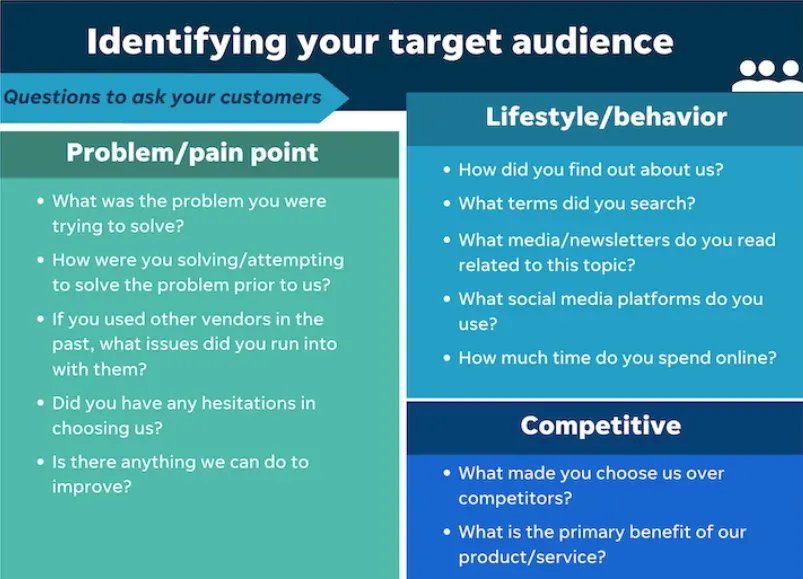
By conducting market research, analyzing customer data, and utilizing tools like customer personas, you can gain deeper insights into the needs, preferences, pain points, and motivations of your target audience. This information helps you craft lead generation landing pages that resonate with and address the specific concerns of your ideal customers.
Tailoring lead generation landing pages to specific audience segments
Every target audience is diverse, with various segments that have distinct needs and preferences. Tailoring lead generation landing pages to specific audience segments allows you to create more personalized and relevant experiences for different groups of potential customers.
Segmentation can be based on factors such as demographics, geographic location, past behavior, or buying preferences.
By creating separate landing pages optimized for each segment, you can speak directly to their unique needs and motivations.
This level of personalization enhances the user experience and increases the likelihood of capturing leads.
By tailoring your landing pages to specific audience segments, you can effectively communicate the value proposition and benefits of your product or service. It would resonate with different customer groups and drive higher conversion rates.
Crafting Compelling Headlines
The headline is the first thing visitors see when they land on your page, making it crucial to grab their attention and entice them to keep reading.
Attention-grabbing headlines pique curiosity, create a sense of urgency, and communicate the value proposition of your offer. They play a significant role in influencing visitors' decision to engage with your landing page and take the desired action.
An effective headline can make the difference between a visitor bouncing off your page or exploring further.
It sets the tone for the entire landing page, making it critical to invest time and effort in crafting compelling and relevant headlines.
It is essential to ensure that your headline aligns with the content on your landing page. The headline should accurately represent the offer and provide a seamless transition from the initial attention grab to the continuation of the visitor's journey on your landing page.
Importance of attention-grabbing headlines
The headline is one of the most critical elements of a lead generation landing page. It serves as the first point of contact for visitors and plays a vital role in capturing their attention and encouraging them to explore further. Attention-grabbing headlines are essential because:
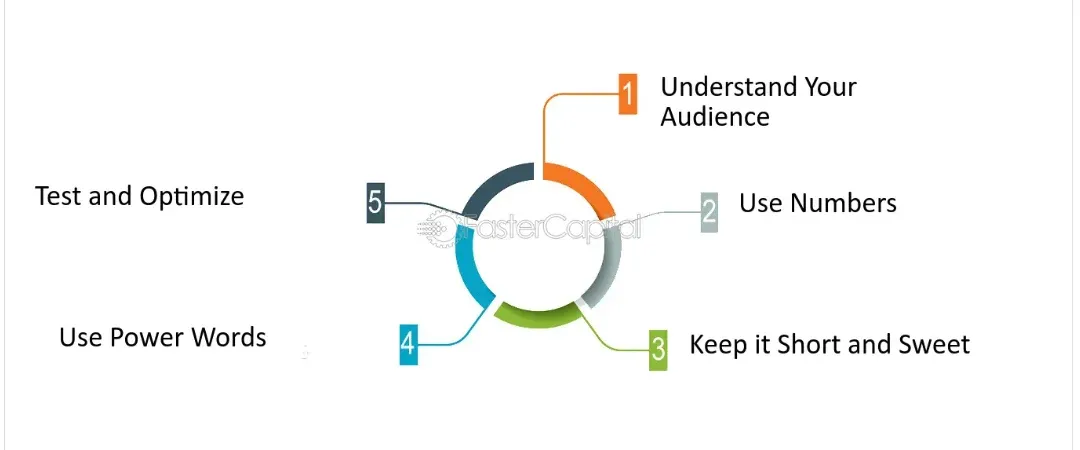
First Impression
The headline is the first thing visitors see when they land on your page. It creates the initial impression of your offer and sets the tone for the rest of the content.
A captivating headline can make visitors more likely to stay on the page and engage with the content.
Compelling Value Proposition
A headline should effectively communicate the key benefit or value proposition of your product or service. It should answer the question, "What's in it for me?" for the visitor.
By clearly stating the value they will receive, you can pique their interest and motivate them to explore further.
Differentiation
In a crowded market, attention-grabbing headlines help differentiate your offer from competitors. They should highlight what sets your product or service apart and why visitors should choose you.
By addressing a specific pain point or offering a unique solution, you can capture visitors' attention and convince them that your offer is worth considering.
Engaging and Informative
Headlines need to be engaging and informative to entice visitors to continue reading. They should create a curiosity gap, prompting visitors to want to learn more about the content on the page.
By generating interest and promising valuable information or solutions, you can increase the likelihood of visitors staying on the page and converting into leads.
Keep it concise
Attention spans are short, so aim to keep your headline concise and impactful. Ideally, it should be no more than 6-10 words.
Short headlines are easier to scan and quickly convey the main message.
Clearly communicate the benefit
Focus on communicating the main benefit or value proposition your offer provides. Identify the core problem your product or service solves and emphasize the result or outcome visitors can expect.
Clearly stating the benefit helps visitors understand the value they will gain from engaging with your content.
Use action-oriented language
Incorporate strong action verbs in your headlines that inspire action and create a sense of urgency. Words like "discover," "get," "achieve," or "unlock" can motivate visitors to take action.
Action-oriented language conveys a sense of energy and prompts visitors to engage with your offer.
Create a sense of curiosity
Engage visitors by creating curiosity and intrigue in your headlines. Use compelling statements or thought-provoking questions that make visitors eager to learn more.
Teasing a solution or posing a question that highlights a common pain point can entice visitors to continue reading and explore your content.
Emphasize the unique selling proposition
Differentiate yourself from competitors by highlighting what makes your offer unique. Identify and communicate the specific aspects or features of your product or service that set it apart.
Using your headline to emphasize your unique selling proposition helps visitors understand why they should choose your offer over others.
Leverage social proof
If applicable, incorporate social proof elements into your headline to build trust and credibility. Highlight testimonials, customer success stories, or industry awards to demonstrate the positive experiences others have had with your offering.
This can increase visitors' confidence in your offer and make them more likely to engage.
A/B test your headlines
A/B testing is a valuable technique for optimizing your headlines. Test different headline variations with your target audience to understand which ones resonate best and drive higher conversion rates.
By testing and analyzing the results, you can make data-driven decisions to improve the performance of your landing page.
Suggested Reading:What Makes Instapage An Advanced Landing Page Platform?
Optimizing Call-to-Action Buttons
Optimizing CTAs involves designing them to be persuasive and strategically placing them on your lead generation landing page.
By creating compelling text, visually prominent buttons, and a sense of urgency, you can increase visitor engagement and conversions.
Testing different designs and placements is essential to finding what works best for your specific audience and lead generation landing page.
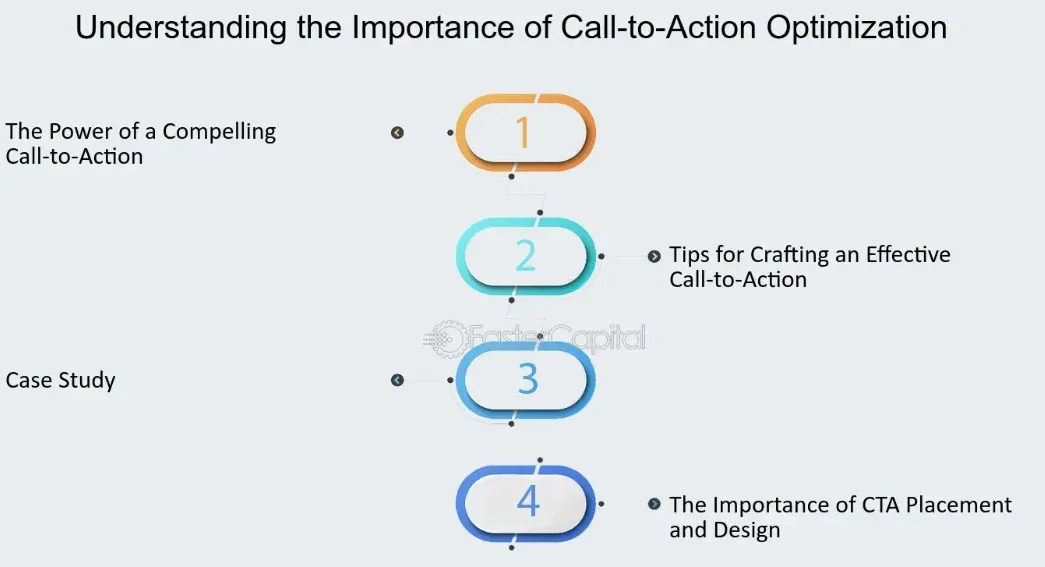
Placing CTAs strategically on lead generation landing pages
Effective placement of CTAs on a landing page is crucial for maximizing conversions. Here are some strategic placements on lead generation landing pages to consider:
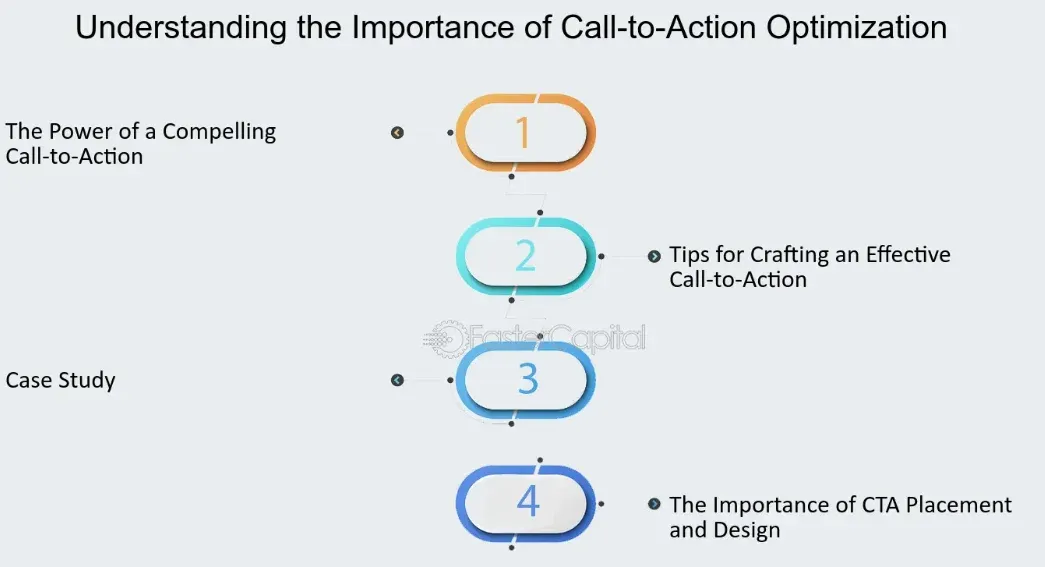
Above the fold
Place a CTA button high enough on the page so that it is visible without scrolling. This ensures that visitors don't miss the opportunity to take action and creates a strong initial impression.
Throughout the page
While an above-the-fold CTA is important, it's also essential to include CTAs throughout the landing page. As visitors scroll and engage with your content, they may need multiple reminders and opportunities to take action.
Including CTAs strategically at different stages of the page allows visitors to convert whenever they are ready.
At the end of content
Position a CTA button at the end of your content or product description. By placing it near the conclusion, you can capture visitors' attention when they have gathered all the information they need and are ready to proceed.
This placement helps convert visitors who have engaged with your content and have a clear understanding of the value you offer.
Sidebar or floating CTAs
Consider implementing a sidebar or floating CTA that remains visible as visitors navigate through your page. This ensures that the CTA is continually visible, even if visitors are scrolling through lengthy content.
This persistent CTA placement helps maintain visibility and increases the chances of conversion.
On exit intent
Use exit-intent pop-ups or overlays that display a CTA when visitors are about to leave your page.
These CTAs can offer last-minute incentives or reminders to encourage visitors to reconsider their decision and take action.
Remember, effective CTA design and placement should be based on thorough understanding of your target audience and continuous testing to identify what works best for your specific landing page.
Implementing Lead Capture Forms
When implementing lead capture forms on your landing page, it's crucial to design them to be user-friendly and simple to encourage higher completion rates. Here are some tips for creating effective forms:
Keep it short
Limit the number of fields in your form to only essential information. Lengthy forms can be overwhelming, leading to abandonment.
Ask for the information you absolutely need to follow up with leads and avoid asking for non-essential details.
Use clear and concise labels
Clearly label each form field so that visitors understand what information is expected. Use simple, easily understandable language and avoid jargon or technical terms.
Utilize placeholders and examples
Provide placeholders within form fields to guide users on the expected format (e.g., "Email Address" in the email field). You can also provide examples or tooltips to clarify any specific requirements.
Optimize for mobile devices
Since many users access websites from mobile devices, make sure your forms are mobile-friendly.
Optimize their layout, font size, and input fields to ensure they are easily readable and usable on smaller screens.
Use inline validation
Implement real-time inline validation to provide immediate feedback on form input. This helps users correct any errors or omissions right away, reducing frustration and the likelihood of form abandonment.
Strategies for increasing form completion rates
To increase form completion rates and encourage visitors to provide their contact information, consider implementing the following strategies:
Offer value in exchange
Provide a clear and compelling reason for visitors to complete the form. Offer valuable content, such as ebooks, whitepapers, or exclusive access to resources, in exchange for their contact information.
Make sure the value proposition is communicated prominently on the landing page to entice visitors to fill out the form.
Use a strong call-to-action (CTA)
Create a persuasive and action-oriented CTA button that clearly communicates the next steps visitors need to take.
Use strong and compelling language to encourage form submission, such as "Unlock Now," "Get Started," or "Register Today."
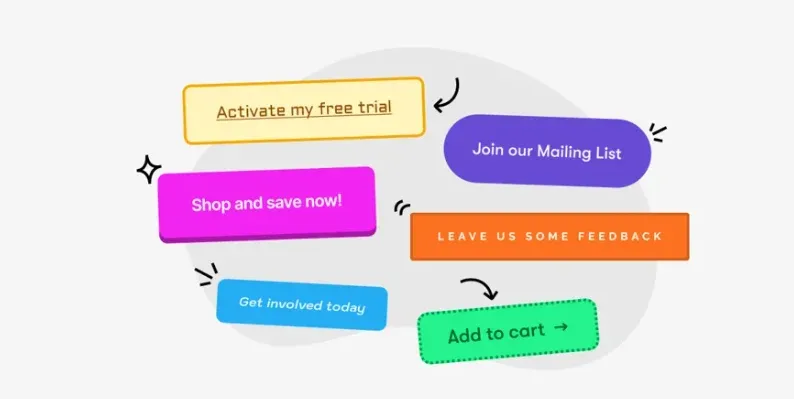
Incorporate trust indicators
Assuage any concerns visitors may have about sharing their information by including trust indicators near the form.
Display security badges, customer testimonials, privacy policy links, or guarantees that assure visitors their information will be protected.
Provide social proof
Leverage the power of social proof to increase confidence and trust in your brand. Display the number of people who have already signed up or include testimonials from satisfied customers to demonstrate that others have found value in providing their information.
Test and optimize
Continuously test and optimize your forms to improve conversion rates. A/B testing different form designs, layouts, and messaging can help identify what resonates best with your audience and increases completion rates.
Analyze the data and make data-driven changes to improve conversion performance.
Conclusion
In conclusion, continuously optimizing landing pages and registration flows leveraging data and testing enables substantial gains for demand generation programs in acquiring and retaining ideal prospects cost-effectively.
Recent surveys indicate over 58% of businesses are prioritizing landing page improvements to break through conversion plateaus (Orbit Media, 2022).
Platforms like BotPenguin facilitate quick creation of tailored chatbots equipped with lead nurturing conversational capabilities ideal for deployment across landing pages.
Dynamic bots can provide personalized guidance and micro-incentives driving prospects further through sales funnels.
Per Aberdeen Group, pages integrating such chatbots see over 17% more conversions compared to static versions (Aberdeen Group, 2021).
Post-implementation, BotPenguin also enables easy integration of page analytics from tools like Google Optimize to track registered users, regional trends and peak conversion windows. These insights feed optimization of chatbot messaging and flows for maximized results.
As channels proliferate amid rising competition, solutions enabling agile, data-led experimentation will dictate ROI from demand generation spends. With versatile innovation across conversational AI and business software ecosystems, BotPenguin is leading the way in empowering this modern, scalable approach to productivity growth.
So it's time for you to maximize lead generation potential through landing page strategies.
Frequently Asked Questions (FAQs)
Why are visuals important in website design?
Visuals are important because they grab attention, communicate messages effectively, create emotional connections, and enhance storytelling. They play a significant role in attracting visitors and driving conversions on websites and landing pages.
How can I design user-friendly lead capture forms?
Design user-friendly forms by keeping them short, using clear labels and placeholders, optimizing for mobile devices, and implementing inline validation. These strategies help simplify the form filling process and encourage higher completion rates.
What strategies can I use to increase form completion rates?
To increase form completion rates, offer valuable content in exchange for contact information, use strong CTAs, incorporate trust indicators, provide social proof, and continuously test and optimize your forms for improved conversion performance.
How can I make my landing page forms more effective for lead generation?
Make your landing page forms more effective by optimizing their design and simplicity, offering value in exchange, using persuasive CTAs, incorporating trust indicators and social proof, and continuously testing and optimizing the forms for improved performance.
How do visuals enhance storytelling on landing pages?
Visuals enhance storytelling on landing pages by taking visitors on a narrative journey. By incorporating a sequence of images or videos, you can effectively communicate brand messages, showcase product features, and create memorable and impactful experiences for visitors.
What are some best practices for utilizing captivating visuals in website design?
Some best practices for utilizing captivating visuals include using high-quality and relevant visuals, optimizing loading times, maintaining visual consistency, and testing different visual elements to measure their impact on user engagement and conversion rates.


